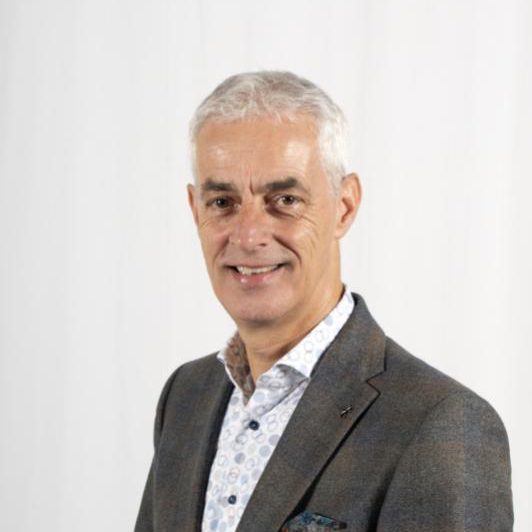Futures Lab Fryslân
The Province of Fryslân aims to create an inspiring narrative for Fryslân 2030, which serves as the foundation for long-term strategic policy guidelines. This narrative focuses on spatial aspects of the environmental vision and the legacy of 2018, the year of Leeuwarden as the cultural capital of Europe. The goal is to develop an accessible story that encourages others to contribute, is easy to convey, and has the support of the provincial government. Based on concrete trends and developments, the narrative seeks to provide insight into shared goals, challenges, and inspiration for creative solutions. This story, arising from engagement and diverse perspectives, is an ongoing process with administrative involvement and continues to evolve.
Reason
In a world characterized by complexity, dynamics, and relative unpredictability, society is undergoing profound changes. These shifts result from both transition processes and numerous forces impacting society, such as technological, demographic, economic, social, and political factors. This is evident not only in the province of Friesland but also in the Netherlands, Europe, and beyond. For organizations like the Province of Fryslân, it is crucial to maintain a relevant position in this complex and dynamic landscape. This compels the province to view the world in an innovative way and to relate to it differently to remain successful in the future.
Problem solution
Therefore, in 2019, the Business Strategy department of the Province of Fryslân initiated an effort to strengthen the strategic capacity of the provincial organization. A dialogue about the future was fostered through a scenario planning trajectory integrated into the provincial organization, initially internally and later externally. ETFI was asked to facilitate this process due to their previous involvement in the design of the provincial environmental vision. The report provides insight into the approach and initial findings of this process.
The projectteam consisted of:
- Berend Tirion: Corporate Strategist for the Province of Friesland
- Henk Groenwold: senior-adviser for the Province of Friesland
- Albert Postma: Project Leader
In addition, 29 employees from various policy domains have contributed to the project. These included (policy) advisors, task managers, coordinators, (policy) strategists, team leaders, and area managers.
Approach
The plan was to shape the narrative through a cyclical dialogue, initially initiated with a select group of internally involved individuals from various domains of provincial policy. This dialogue progressively expanded to other governments and organizations in the province in successive rounds. Ultimately, a sustainable network of engaged participants emerged, sharing and keeping the narrative current. This is achieved through periodic (annual) recurring sessions, with ETFI gradually stepping back. In the long run, the Futures Lab could even be institutionalized.
Results
In the first cycles, four environmental scenarios were developed step by step. For each scenario, an assessment was made regarding the potential implications for each policy domain. Subsequently, an overarching strategy was outlined for each policy domain to address the challenges posed by each scenario. The project got ended after the first cycles.
This research project ran from September 2019 till August 2022


